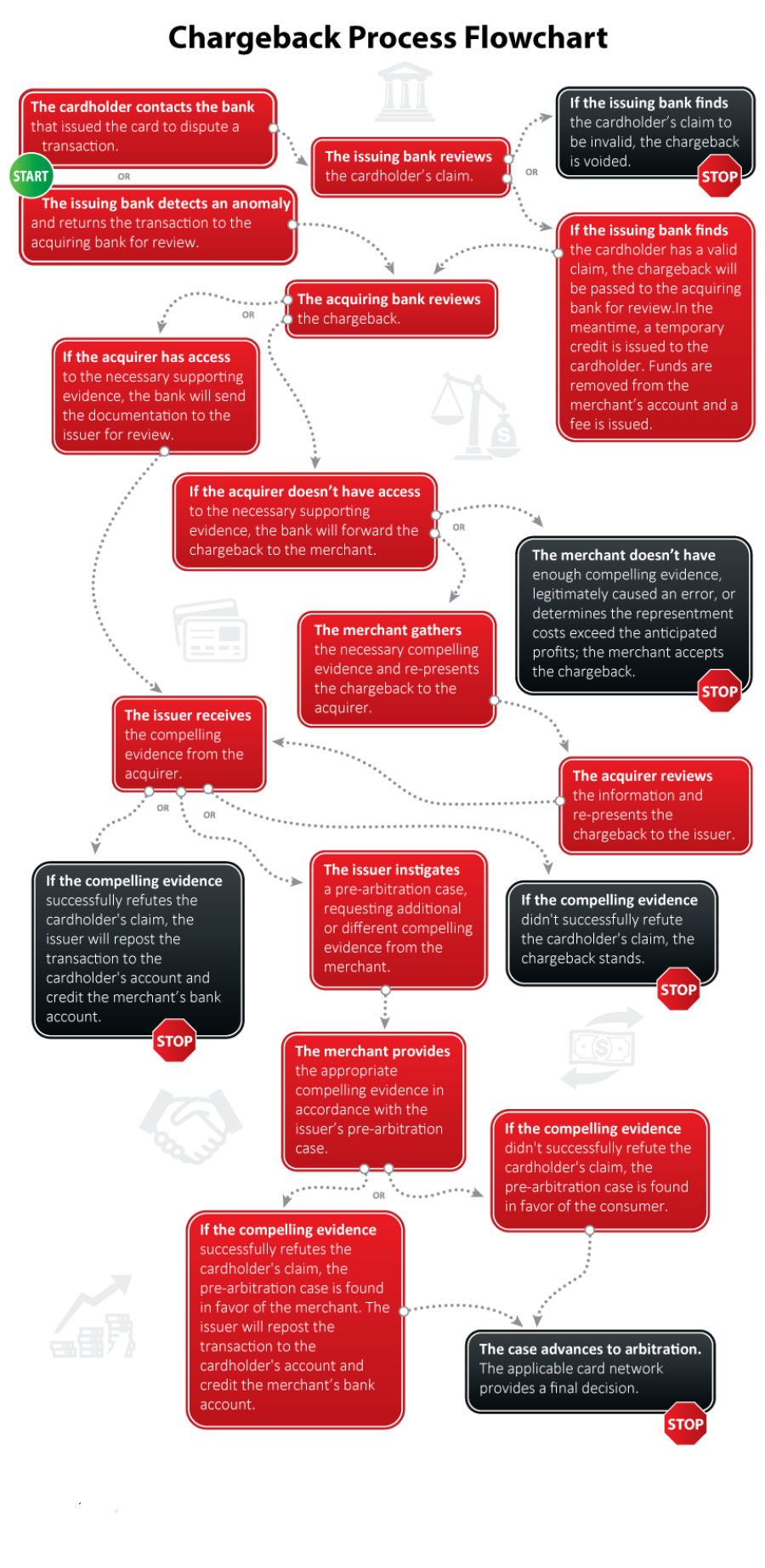How do you get your money back from scammers?

The worst has happened – you realized you spent your money too quickly and the site you used is a scam – now what? First, don’t despair!!
If you think you’ve been scammed, the first thing to do when you have a problem is to ask for a refund. This is the first and easiest step to determine whether you are dealing with a legitimate company or a scammer. Unfortunately, getting your money back from scammers is not as simple as asking.
If you do get scammed, the procedure (and chance) to get your money back will depend on the payment method you used.
PayPal
Debit/Credit Card
Bank Transfer
Wire Transfer
Google Pay
Bitcoin
PayPal
If you use PayPal, then you have a good chance of getting your money back if you’ve been scammed. On their website, you can file a dispute within 180 calendar days of the purchase.
Conditions for filing a dispute:
The simplest case is that you ordered something from an online store and it hasn’t been delivered yet. In this case, PayPal states: "If your order is never delivered and the seller cannot provide proof of shipment or delivery, you will receive a full refund. It''''s that simple."
The scammer sent you something completely different. For example, you ordered a PlayStation 4, but received a PlayStation controller instead.
The product page misrepresented the condition of the item. This could be when the item is described as brand new, but has visible signs of use.
The item is missing parts or features that weren''''t disclosed. For example, you purchased a stand that included all the screws needed for assembly, but it arrived without them.
The product you received is a counterfeit that is being marketed as the authentic product.
Credit or debit card
If you paid an online store with a credit or debit card, the best thing to do is to check with your card-issuing bank and check if they have a "disputed transactions" section or mention a "chargeback" process. This process can be quite complex - this infographic from Chargebacks911 shows it perfectly.




But what exactly are chargebacks? Money Saving Expert says chargebacks apply to situations you buy goods or services online: the goods/services are defective, not provided, or not delivered due to company bankruptcy. Your bank will contact the merchant''''s bank directly to return the money to your account (if the claim is valid). You have 120 days from the time you made the payment or discovered the problem to request a refund.
For those of you from the UK, section 75 of the Consumer Credit Act 1974 is your friend. If you want to know more, check out the full text of the law on Money Saving Expert. What does this mean for you? Well, this protection means that if you paid between £100 and £30,000, you can get your money back if you didn''''t receive the goods you ordered or the goods weren''''t as good as they should have been. The difference with chargebacks is that this isn''''t a voluntary scheme for credit card providers. These protections are enshrined in law.
Scamadviser believes this protection is very good for consumers because it also protects users from companies letting you down and then going bankrupt.
Note: When paying with a credit card, be careful not to use third parties such as PayPal. This may invalidate your right to claim under section 75. See here for more information.
Bank transfers
GAFA has the following to say about how to get your money back from a bank transfer: When you become a victim of a scam that causes you to transfer your money to another bank, you should contact your bank immediately. Once notified, they will attempt to recover the funds. If this is unsuccessful, you can file a complaint with your bank or contact your local financial ombudsman. Additionally, GAFA says that contacting the authorities and having a case number ready can help with the process.
Wire transfer services
Be cautious with money transfer services. GAFA notes that using services such as MoneyGram, Pay Point or Western Union (a favourite method for scammers) may make it difficult to get your money back. The best advice here is to not choose this payment method if you are unsure about the transaction.
Unauthorised mystery payments
Have you been looking at your financial statements and noticed a strange purchase? Perhaps an amount deducted by a company you don''''t remember? You are not alone, this could be an unauthorised withdrawal. If this is the case, contact your bank as soon as possible. Depending on you live, there may be regulations to protect you and may provide a refund.
Google Pay
Do you think someone has used your Google Pay account without your permission? Maybe you don''''t remember making a strange payment. Well, don''''t worry! Google has a dispute system to help you. Click here to learn more about what to do if you want to dispute, report, or cancel a payment.
Bitcoin (and other cryptocurrencies)
Unfortunately, cryptocurrency transactions cannot be tracked and reversed, which makes recovering them a huge challenge. You can try to contact the company you made the Bitcoin transaction and request a chargeback. It will then be up to the company to decide whether they can refund you according to their policy.
No matter you are, if you have been scammed, please contact us immediately and the GAFA Anti-Fraud Organization will conduct an in-depth analysis based on your case. We will quickly notify a professional team of lawyers to contact you and assist you in successfully recovering the defrauded funds. The Global Anti-Fraud Alliance can help you recover the losses of online fraud. Please be careful not to fall for the traps set by scammers. Don''''t believe in plans that promise investment, love relationships or friendships that will make you money without losing money. These may be sweet words from scammers.


Comment